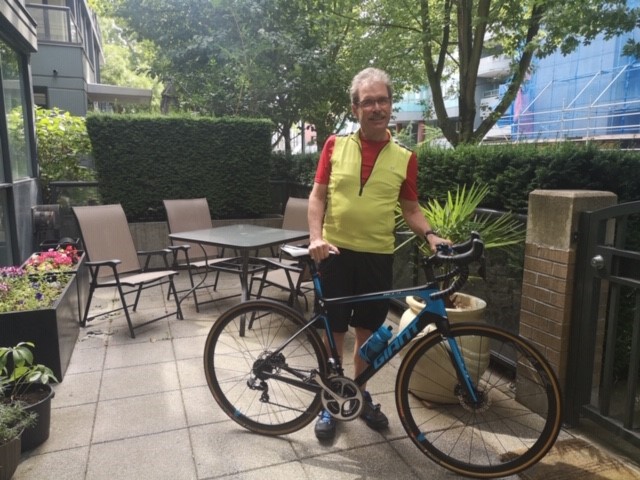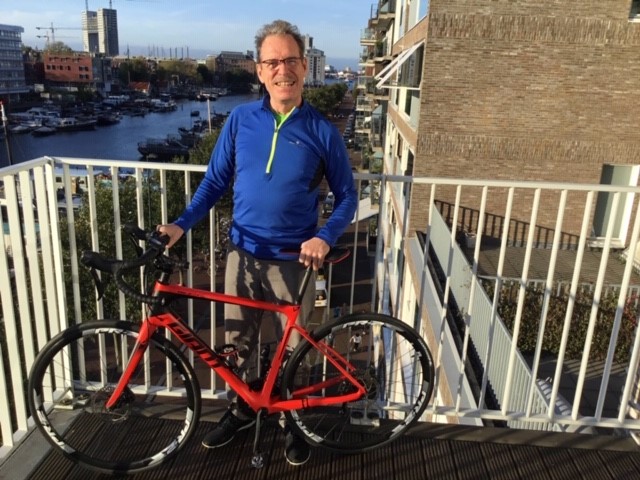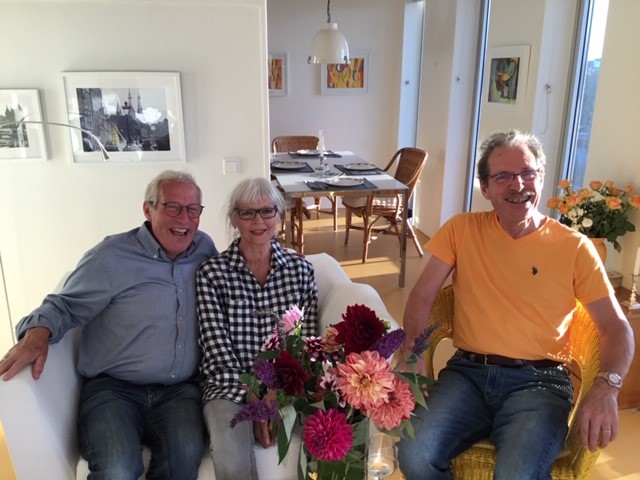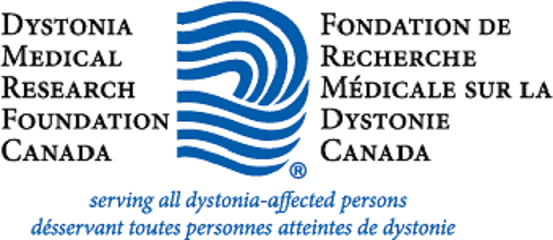My Life with Dystonia: Jackson Mooney, Vancouver Dystonia Support Group Leader



Over 50,000 patients in Canada suffer from dystonia, a neurological movement disorder that affects the nervous system. Abnormal signalling from the brain causes muscles to tighten and twist involuntarily. There are several forms of dystonia, and dystonia may be a symptom of many diseases and conditions.
My journey with dystonia began with a diagnosis prior to any conscious recognition of symptoms. I had had a C5 nerve root for which I was referred to a neurologist. While he examined me, he asked why my head turned when I closed my eyes. He immediately referred me to the Movement Disorder (MD) Clinic at the Glenrose Hospital in Edmonton.
The symptoms appeared gradually about 15 years ago. They finally progressed to a point where 400 units of neurotoxin was failing to accomplish any relief. I decided to opt for Deep Brain Stimulation (DBS) surgery in early February 2014. Initially, I had very little relief from the surgery. In fact, when the unit was turned on, my body mimicked symptoms of Parkinson’s Disease. Despite some gradual benefit from the DBS, I found I could no longer work in any concerted way and had to shut down my business.
Dystonia has been a great teacher! It has been an exercise in humility and recognizing my “powerlessness” in many aspects of my life and around me. It has also taken me a great deal of time and acceptance to stop caring about how I appear to other people.
I try to be as involved as possible with the dystonia community. My brother and I established the Jackson Mooney Patient Grant in 2017, to help those living with dystonia obtain the education and/or retraining needed to pursue a vocation and to meet the requirements of the duties involved. Thanks to the determination and passion of a neurologist, Dr. Silke Cresswell, I was involved in her focus group for the new Brain Wellness Centre at UBC.
The greatest need of the dystonia community besides improvements in awareness and treatments; is connecting with others. I suspect there are many who either do not have a diagnosis or have been diagnosed and have given up. I have met very few people who have dystonia. When I moved to Vancouver, I wanted to connect with others in the community. By doing this, I gained a great sense of relief in knowing I was not alone. Robin (support group co-leader) and I both shared tears of relief and joy when we first connected.
The Dystonia Medical Research Foundation (DMRF) Canada is the only organization that is dedicated to supporting the dystonia community in Canada. If you or someone you know is struggling with dystonia, you’re not alone.
*Jackson’s story was published in the UBC e-newsletter to promote the 2019 Vancouver symposium and dystonia awareness.
